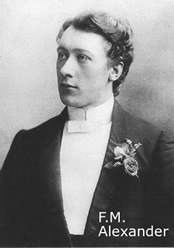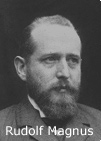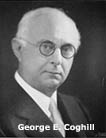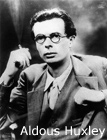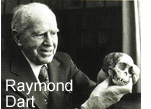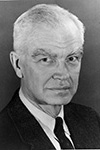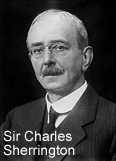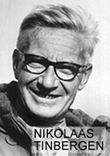Sciences and Philosophy
Many things were found since F.M. Alexander discovered the Technique. Some notable people started understanding the benefit of his work, and because of it, starting researching to better understand the process.Even though Alexander didn't come from the scientific realm, his work was confirmed by many scientists and philosophers. Below are some of them:
John Dewey (1859-1952)
Philosopher and educator, in his words: "It (The Alexander Technique) bears the same relation to education that education itself bears to all other human activities."Rudolf Magnus (1873-1927)
Physiology of posture. "Primary Control" His scientific theory confirms Alexander's work showing that posture is consequently influenced by the position of the head ("where the head leads the body follows").George Coghill (1872-1941)
Anatomist. "Anatomy and the problem of behavior", the "wholeness", the functioning of each part was related to the functioning of every other part. So long as the functioning of the various parts were "integrated" with each other, all would be well; but if some parts started functioning "individually", without reference to other parts, problems would arise in behavior.
